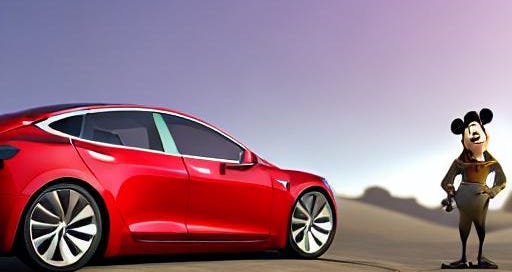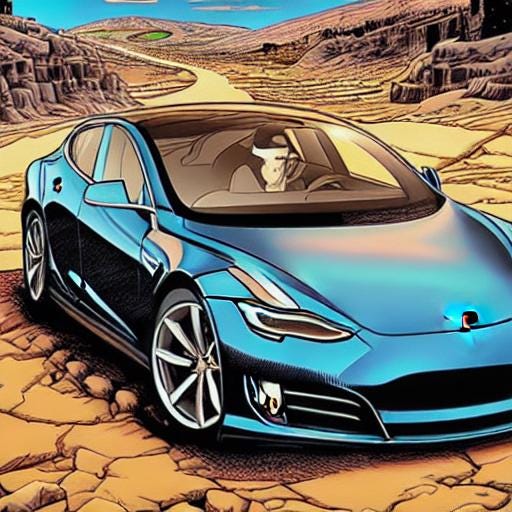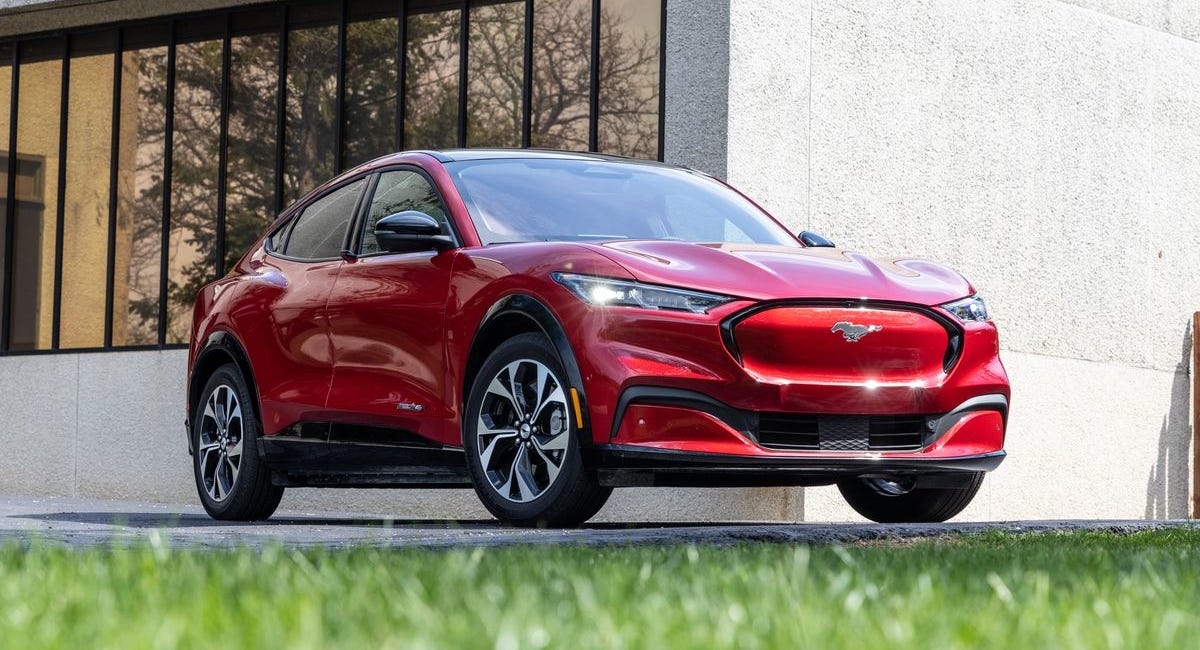Tesla's EV Range Controversy: A Comprehensive Examination
A deep dive into Tesla's alleged exaggeration of electric vehicle driving range capabilities and suppression of customer complaints about range underperformance.
In the rapidly evolving landscape of electric vehicles (EVs), Tesla has been a trailblazer, pushing boundaries and setting new standards. However, the company has recently found itself embroiled in a controversy that questions the driving range of its vehicles. This article aims to take a close look into the "Tesla EV range controversy", exploring the implications for Tesla and the broader EV market.
The Genesis of the Tesla EV Range Controversy
Alexandre Ponsin, a Tesla owner, was looking forward to a family road trip from Colorado to California in his 2021 Model 3. Tesla had advertised a driving range of 353 miles on a full charge, but Ponsin found himself getting less than half of the expected range, particularly in cold weather. This discrepancy led him to believe that his car had a significant defect, marking the beginning of the Tesla EV range controversy(1).
Tesla's Secret "Diversion Team"
In response to a surge in service appointments from owners like Ponsin, Tesla discreetly formed a "Diversion Team" in Las Vegas last summer. The team's objective was to cancel as many range-related appointments as possible, thereby suppressing customer complaints about the driving range(1).
The team operated in an environment reminiscent of a telemarketing boiler room, where the cancellation of service appointments was celebrated with the striking of a metal xylophone. The team's performance was measured based on the average number of diverted appointments per day, often closing hundreds of cases a week(1).
The Driving Range Dilemma: The Heart of the Tesla EV Range Controversy
The crux of the Tesla EV range controversy lies in the company's alleged overstatement of its EVs' potential driving distance. According to a source familiar with the early design of Tesla's in-dash readouts, the company decided to show drivers "rosy" projections for the distance their cars could travel on a full battery. This decision was reportedly driven by Tesla Chief Executive Elon Musk, who wanted to display good range numbers when the vehicles were fully charged(1).
However, Tesla's range estimates have been flagged by automotive testers and regulators for being overly optimistic. For instance, South Korean regulators fined Tesla earlier this year after finding that the cars delivered as little as half their advertised range in cold weather. Another recent study found that three Tesla models averaged 26% below their advertised ranges(1)(4).
The Implications of the Tesla EV Range Controversy
The Tesla EV range controversy has significant implications for both the company and the broader EV market. Driving range is a crucial factor in consumer decisions about which electric car to buy, or whether to buy one at all. The fear of running out of power before reaching a charger, known as "range anxiety," has been a primary obstacle to boosting electric-vehicle sales(1).
Tesla's alleged exaggeration of its vehicles' driving range and the subsequent suppression of customer complaints could potentially undermine consumer trust in the company and its products. Moreover, it could also impact the broader EV market by exacerbating range anxiety among potential EV buyers(1)(5).
Tesla's Response to the Controversy
Tesla's response to the EV range controversy has been a topic of interest. The company has maintained that its range estimates are based on standardised testing protocols and that real-world driving conditions can affect the actual range. However, critics argue that Tesla's response has been inadequate and that the company needs to be more transparent about how it calculates its range estimates. This section will delve into Tesla's response to the controversy and the public's reaction to it.
The Broader Impact on the EV Industry
The Tesla EV range controversy doesn't just affect Tesla—it has implications for the entire EV industry. Other EV manufacturers may face increased scrutiny over their range estimates, and regulators may introduce stricter guidelines for range estimation. This section will explore the potential impact of the controversy on the broader EV industry and the future of electric mobility.
Looking Ahead: The Future of the Tesla EV Range Controversy
As we look to the future, the Tesla EV range controversy continues to unfold. While Tesla remains a pioneer in the EV market, this controversy surrounding its driving range estimates and the handling of customer complaints highlights the challenges the company faces. As the EV market continues to evolve, transparency and accuracy in advertising will be crucial for maintaining consumer trust and promoting the adoption of electric vehicles. The Tesla EV range controversy serves as a reminder of the importance of these factors(1)(6).
Sources
Unravelling the Tesla Stock Conundrum: A Deep Dive into its Overvaluation
With some analysts arguing that the company's true worth is closer to $26 per share, rather than the current $290, does this suggest an overvaluation of more than 1,000%? The Analyst's Perspective David Trainer, the CEO of New Constructs, has voiced his concerns about the company's fundamentals, stating that they seem to be "disconnected from reality". De…
Ford's Electric Vehicle Journey: A Costly Attempt to Rival Tesla
Ford's Electric Vehicle Journey: A Costly Attempt to Rival Tesla Tesla has long been the dominant player in the world of electric vehicles (EVs). However, traditional carmakers like Ford have been striving to carve out their own space in this rapidly evolving market. Ford's journey into the EV landscape has been marked by ambitious attempts to emulate Te…









🤣🤣🤣🤣🤣🤣🤣🤣🤣🤣